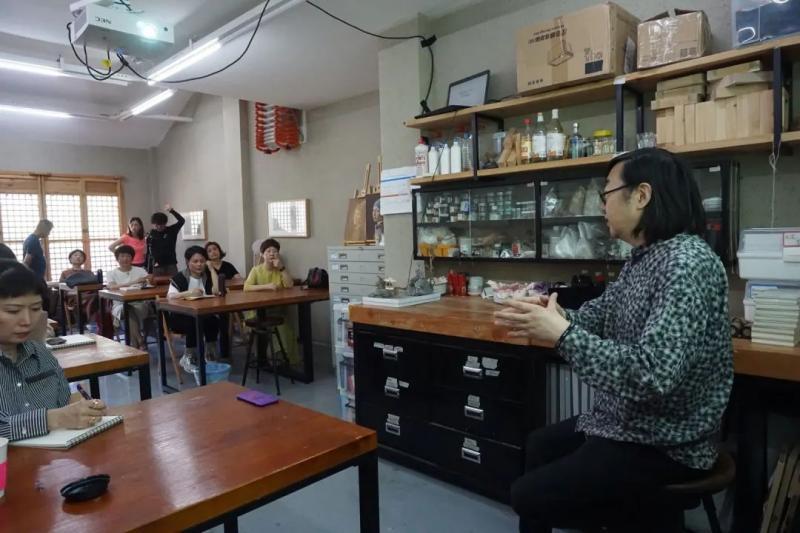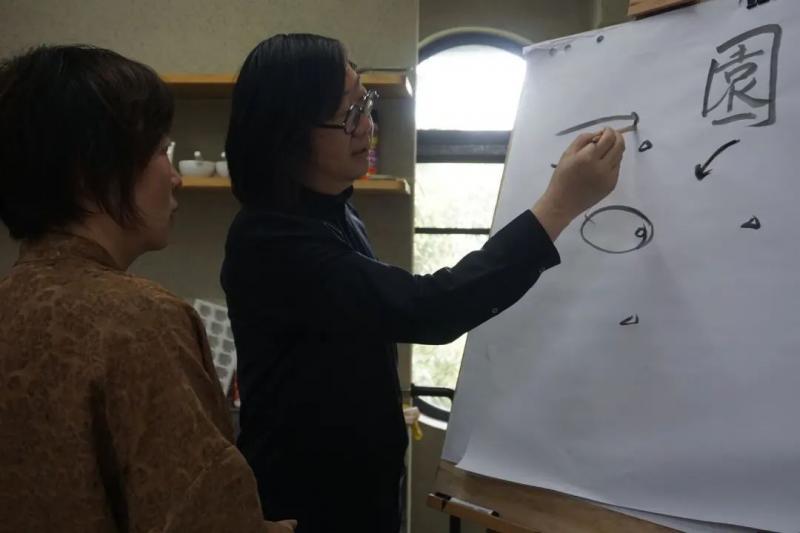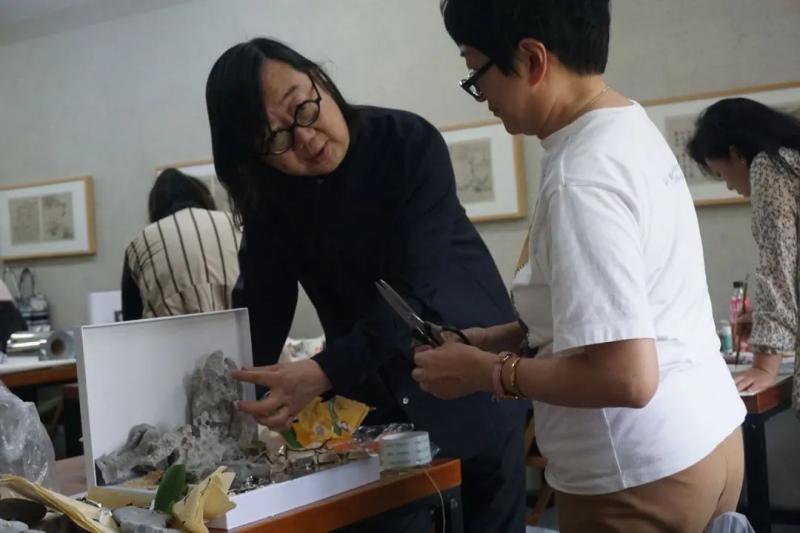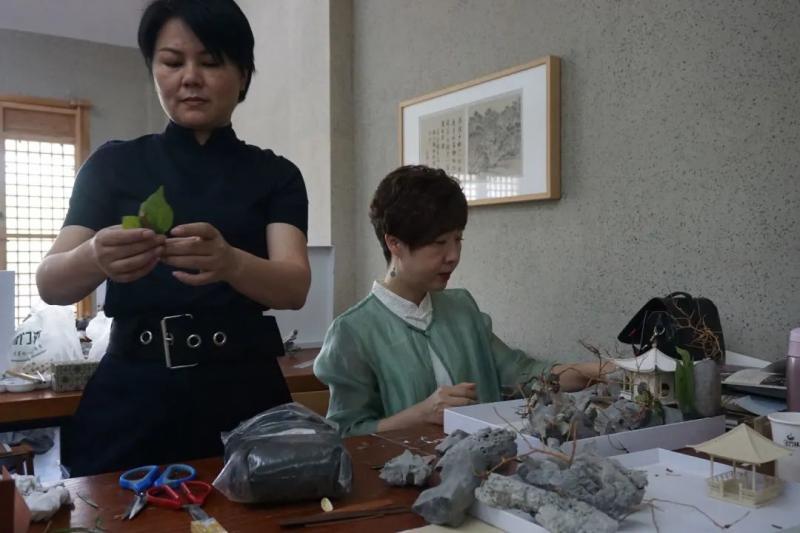2021Academic Year Short Course Review「Construction of Paradise: Principles of Chinese classical garden」




From 10-21 May 2021, students of the China Centre of the Prince’s School of Traditional Arts completed a two-week course entitled ‘Construction of Paradise: Principles of Chinese classical garden’ taught by Prof. Ye Fang, comprising one module of study.
Under the guidance of tutor Ye Fang, over the course of this two-week programme 16 students, including 15 short-course students and 1 year-long programme student, diligently learned about both the world-view and methodologies of the Chinese garden, from the classroom to the physical garden, from theory to practice, from traditional to contemporary, cultivating an understanding of the ideology and techniques of garden culture.
The students not only undertook investigation into the connoisseurship and analysis of eight of the most celebrated ancient gardens in Suzhou. they also studied and directly experienced the lifestyles encapsulated in two representative examples of contemporary gardens. At the end of the course, each student completed their own outstanding work of garden design.
Emphasising the importance of both the legacy and the transmission of traditional art, the pedagogy of the Prince’s School of Traditional Art and the Yuan Centre focuses on integrating theoretical study and active practice; thus under Prof. Ye Fang’s tutelage. on the last day of each week the students gave their own progress reports and worked on model garden designs of their own creation.
Reflecting on the knowledge they had gained and on their own achievements during this course, students expressed their full satisfaction and also their regrets when the course ended.
About the Course
This module guided students in developing an understanding of the tradition and evolution of the garden as a vehicle for manifesting the idea of the ‘Construction of Paradise’; as well as of the function of garden design and the process of methodological formalization as reflected in the principles of the ‘Garden Treatise’.
Through study of the cultural ideology and aesthetic principles of the garden, students were able to investigate shanshui (lit., mountains and water) landscape art as a reflection of the concept of the creation and order of nature within Chinese cosmology, and furthermore of the way the garden itself is an example of shanshui and thus encapsulates these principles. Students also developed a strong grasp of the methods by which natural features such as mountains and water, plants and trees, and architectural features such as pavilions, terraces and ornamentation are constructed and arranged within the garden to create a sense of inter-relational balance and harmony. In this way, through this course of study, the world-view and methodology of the traditional garden are brought into the context of contemporary life and given a new significance.
At the same time, through their coursework combining practical activity with theoretical knowledge, students gained an appreciation of the special culture of the garden and of the aesthetic cultivation of garden life, which can be applied to other forms of creative work.
一、The Principles of Garden Design
The world-view represented in the garden of Prof. Ye Fang: from cultural evolution to spiritual ideology.
Training included introduction to special topics, ‘the concept of fairyland, shanshui landscape art, the spirit of Daoism, and the hermetic life,’ bringing deeper insight into the creative principles of the garden.
二、Methods of Garden Design
The methodologies used in the garden of Prof. Ye, fromaesthetic principles to manifestations of craft and technique.
Training included introduction to special content, ‘the philosophy of ink painting, the poetic and lyric image, aesthetic of the miniature and methods of body and mind’, bringing deeper insight into how these elements inform the creative alchemy of the garden.
